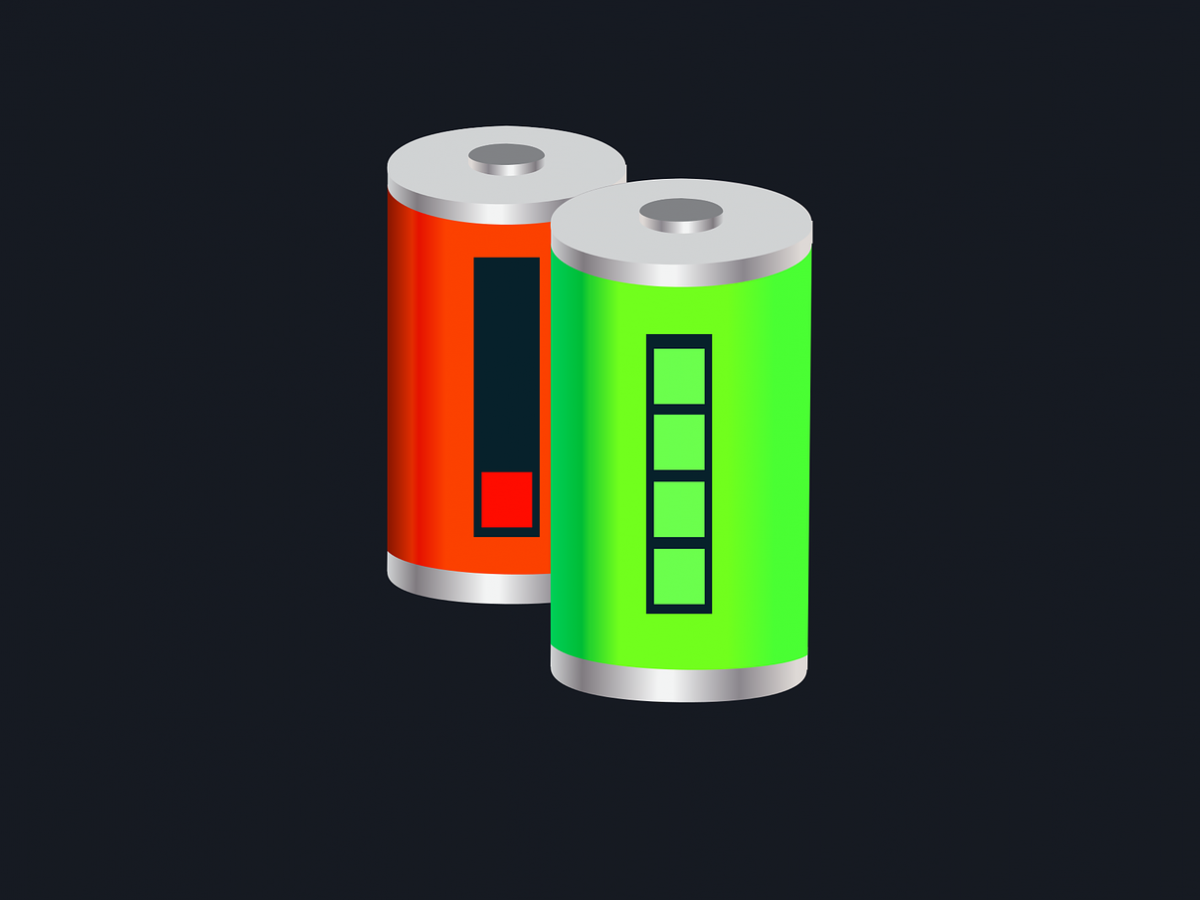Sulphur chemical technology improves battery lifespans
The number of times batteries may be recharged could double in the near future thanks to scientific advances in sulphur battery technology being made by University of Adelaide researchers.

“We have designed a highly efficient electrode material to catalyse battery reaction and improve the durability of metal-sulphur batteries,” said the University of Adelaide’s Professor Shizhang Qiao, Director, Centre for Materials in Energy and Catalysis.
“Metal-sulphur batteries are a leading candidate for next-generation energy storage device with lower cost and high energy density.
“But they generally suffer from poor cycling durability – there is a limit to the number of times they can be recharged.
“Our new sulphur-metal battery can be charged and discharged at least 10,000 times.”
The work by Professor Qiao’s team opens the path to a new generation of metal-sulphur batteries that could potentially store at least twice as much energy by weight than the current generation of lithium-ion batteries.
Sodium-sulphur batteries are several times cheaper than lithium-ion batteries which are a mainstream power source used to power electric vehicles and electronic gadgets such as mobile phones and laptops among other applications. The materials used in sodium-sulphur batteries are environmentally friendly.
“Our fundamental research advances will inspire the rational design of high-performance metal-sulphur batteries and benefit the development of large-scale energy storage techniques,” said Professor Qiao.
“The findings promise to make metal-sulphur batteries a technically and economically realistic approach for the energy storage industry within 5-10 years.”
The findings by Professor Qiao and his team, which are published in the journal Nature Communications , provide a significant opportunity for metal-sulphur batteries as a cost-efficient alternative to existing applications to ensure energy security and reliability and also contribute to reducing the cost of energy.
Professor Qiao was recently named as South Australian Scientist of the Year in this year’s Science Excellence and Innovation Awards. His research interests include synthesis, characterisation and simulation of nanomaterials as well as their applications in catalysis, energy storage and conversion.
This story was originally published on the University of Adelaide newsroom.
